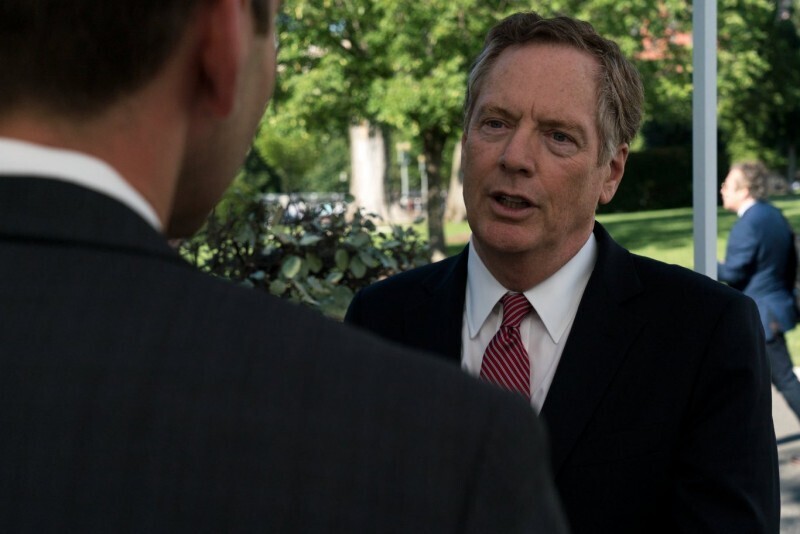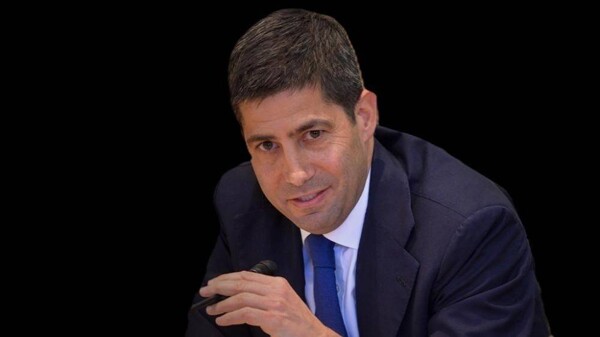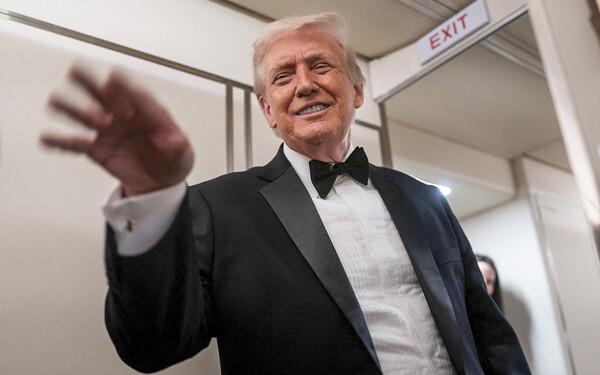
The return of Donald Trump has generated expectations in the markets, although there is the possibility of imposing tariffs instead of cutting taxes as promised during the Republican campaign. This could have negative repercussions, suggesting the idea of controlled tariffs between 5 and 6%, and only on certain products, as a temporary measure while progressing toward tax cuts.
Mexican businessmen believe that Trump could resort to this strategy as a way to buy time before implementing more drastic measures. To oversee the tariff front with Mexico and Canada, it has been suggested that trade lawyer Jamieson Greer take the reins, although there are doubts about his capabilities compared to Robert Lighthizer.
According to sources close to Lighthizer, there is some skepticism about imposing tariffs on T-MEC partners, despite statements from the White House suggesting this could happen soon. Lighthizer believes that before implementing tariffs, Trump should fulfill the promise of cutting taxes, as he is currently limited to certain reductions pushed by the previous administration.
Marcelo Ebrard is also alert to another possible obstacle: the imposition of tariffs through executive orders that could be legally challenged. If there are no significant tax reductions, tariffs could harm the economy instead of benefiting it. Trump, for his part, has proposed changes to fiscal policy, such as eliminating taxes on social benefits and extending the full deduction of state and local taxes.
The appointment of Jamieson Greer as the White House trade representative has generated controversy, as he is seen as a loyal collaborator of Lighthizer. Greer was Lighthizer's chief of staff during the first four years of Trump's presidency, leading to comparisons between both regarding their approach to trade policy. On the other hand, Lighthizer, former trade representative in Trump's first term, will ultimately not be part of the cabinet in this second phase of the magnate's administration in Washington.














